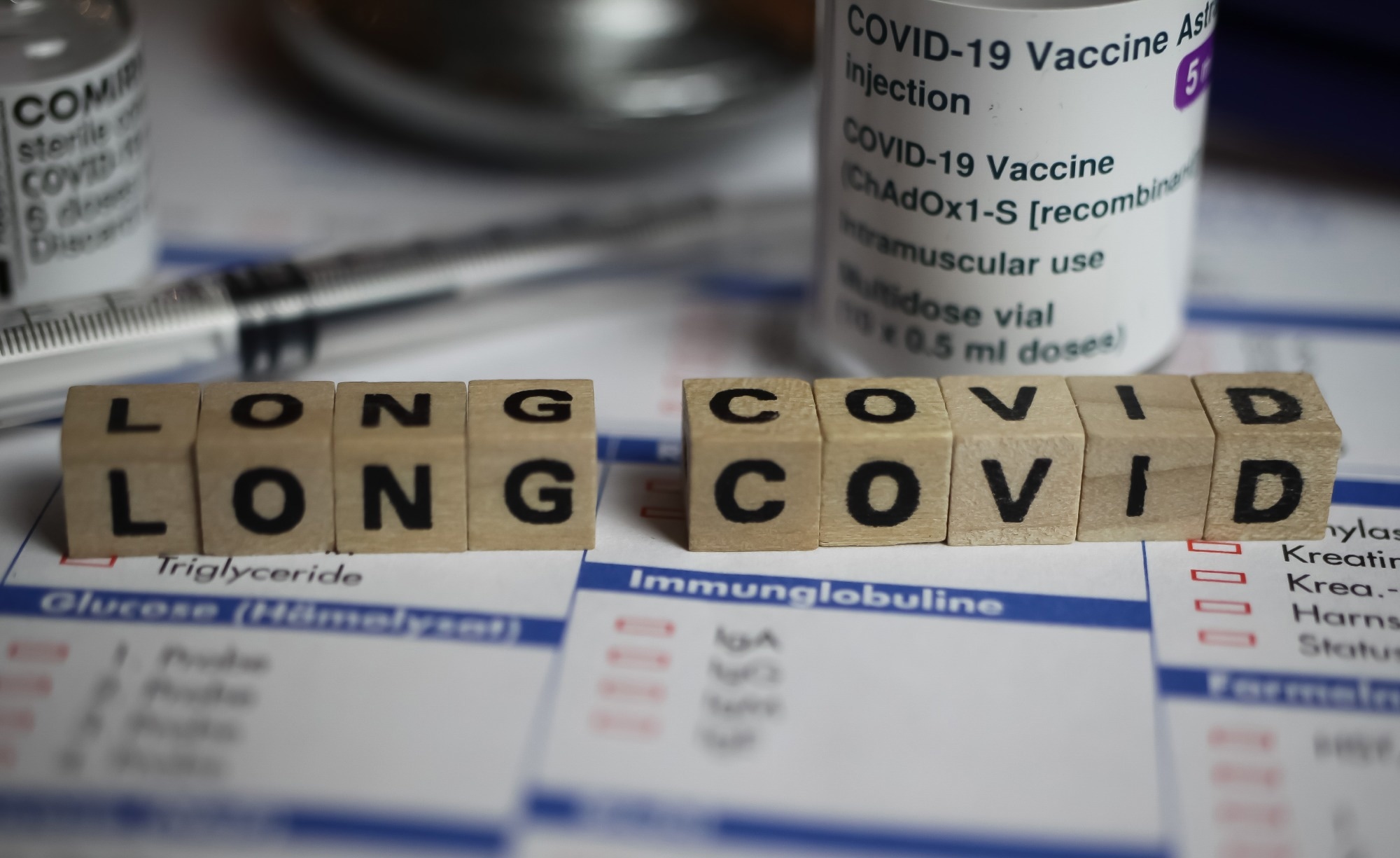fKatharina Steinruck had planned a premiere for Sunday. At the women’s marathon in Nagoya, the 33-year-old track and field athlete from Frankfurt Eintracht wanted to be on the starting line for the first time and immediately undercut the norm for the 2024 Olympic Games in Paris, which is 2:26:50 hours. “I like Japan,” explains the 2017 German champion. Her mother Katrin Dörre-Heinig, who came third in the 1988 Olympics in Seoul, ran a lot there during her career, and you feel very welcome and valued as an athlete in the Asian country.
But once again the Hessian has to rethink: she returned from a training camp in Andalusia in mid-February with a sinus infection. “I had a headache, talked nasally,” and the energy was gone, she says in a voice that still sounds constipated. With a low pulse rate, she can continue to practice, but a race is out of the question.
“That really annoys me,” says Steinruck. During the pandemic, she learned to be more relaxed when something doesn’t work as planned and to always have a plan B, C and D ready. In the past few months, however, the patience of the long-distance specialist has been severely strained.
Step into a pothole
After a first half of 2022, which was almost perfect for the Leipzig native with best times over 10,000 meters on the track and over five kilometers as well as in the half marathon on the road and a bronze medal at the European Cup in Pacé, that should happen at the European Championships in Munich bad luck creep in.
During the race through the Bavarian capital, Steinruck hit a pothole and twisted his ankle. Although she didn’t give up, because of the enthusiastic spectators along the route, that was out of the question, but the 15th place in the individual ranking wasn’t really happy about the team gold she won.
The recovery from the injury, including an overstretching of all three lateral ligaments including bone edema, lasted until November. The chief inspector had to cancel an assignment at the European police championships from her calendar. Defending their title at the New Year’s Eve run in Trier was also cancelled: the entire family sat at home over Christmas with a positive corona test result.

Katharina Steinruck does not yet know whether she will be on the starting line at the Olympic Games.
:
Image: Ilkay Karakurt
The setbacks “cost them a lot,” says Steinruck. However, she always tries to make the best of everything. “It’s no use philosophizing about what would have been if,” she says. In the fall, Steinruck put all her energy into renovating the house that she and her husband bought in Waldsolms last summer, and she now sees positive things in being able to work on the basics again. Starting in April, the first runs should be back on the road, and Steinruck is aiming for the next marathon in the fall.
The World Championships in August in Budapest no longer matter to them. Whether a run over the classic route below the set requirement is enough to be allowed to pack for the games in France is “the question of all questions”. Not only because of the strong competition in the German team. Although the qualification period has been running since December, the German candidates have not yet been informed of the detailed criteria for qualification. For example, whether the athletes have to provide another proof of performance in order to be allowed to go to Paris.
Steinruck is annoyed that “it has nothing to do with professionalism,” she says. You have to plan for the long term in your discipline, and the guidelines of the world association have been set since the end of the year. “We road runners get the most points for the association, both men and women, but we have no respect for them,” says the 2021 Olympian.
The fact that there was a change in the national coaching position has nothing to do with the fact that there is apparently no decision on the subject of Olympic qualification. Steinruck’s mother had terminated her contract with the German Athletics Association (DLV) on December 31, 2022; The former steeplechase runner and longtime Asics marketing manager Matthias Kohls took over the baton.
“I’ve seen my parents long enough that such decisions are not the responsibility of the national coaches,” says the athlete, whose father Wolfgang Heinig also previously held a DLV position. Steinruck would like to see the appreciation of representatives of her discipline, which she enjoys elsewhere, in her own country.
















